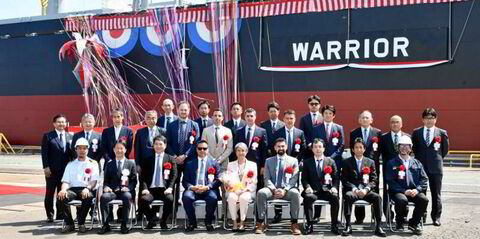A report by a seafarers rights group has identified 91 member states of the United Nations that have cabotage laws restricting foreign activity in their domestic coastal trades.
Seafarers’ Rights International (SRI) published Cabotage Laws of the World, which explores the nature and extent of cabotage laws around the world.
Cabotage laws are designed to maintain national security, create jobs and promote ship ownership, among other objectives.
Cabotage exists in every region of the world, and have endured in some countries for centuries, the report finds.
"Policy makers especially need to know more about the subject," said Deirdre Fitzpatrick, executive director of SRI.
In the US, cabotage laws governing the transportation of goods and people between domestic ports are commonly referred to as the Jones Act.
"For policymakers... this comprehensive study reinforces the importance of cabotage laws – like the Jones Act – and the historical legislative actions taken to support maritime industries across the globe, including in nations like Russia, China and South Korea," said Matt Woodruff, chairman of the American Maritime Partnership, a group supporting the Jones Act.
SRI was commissioned by the International Transport Workers’ Federation to undertake the independent study.



